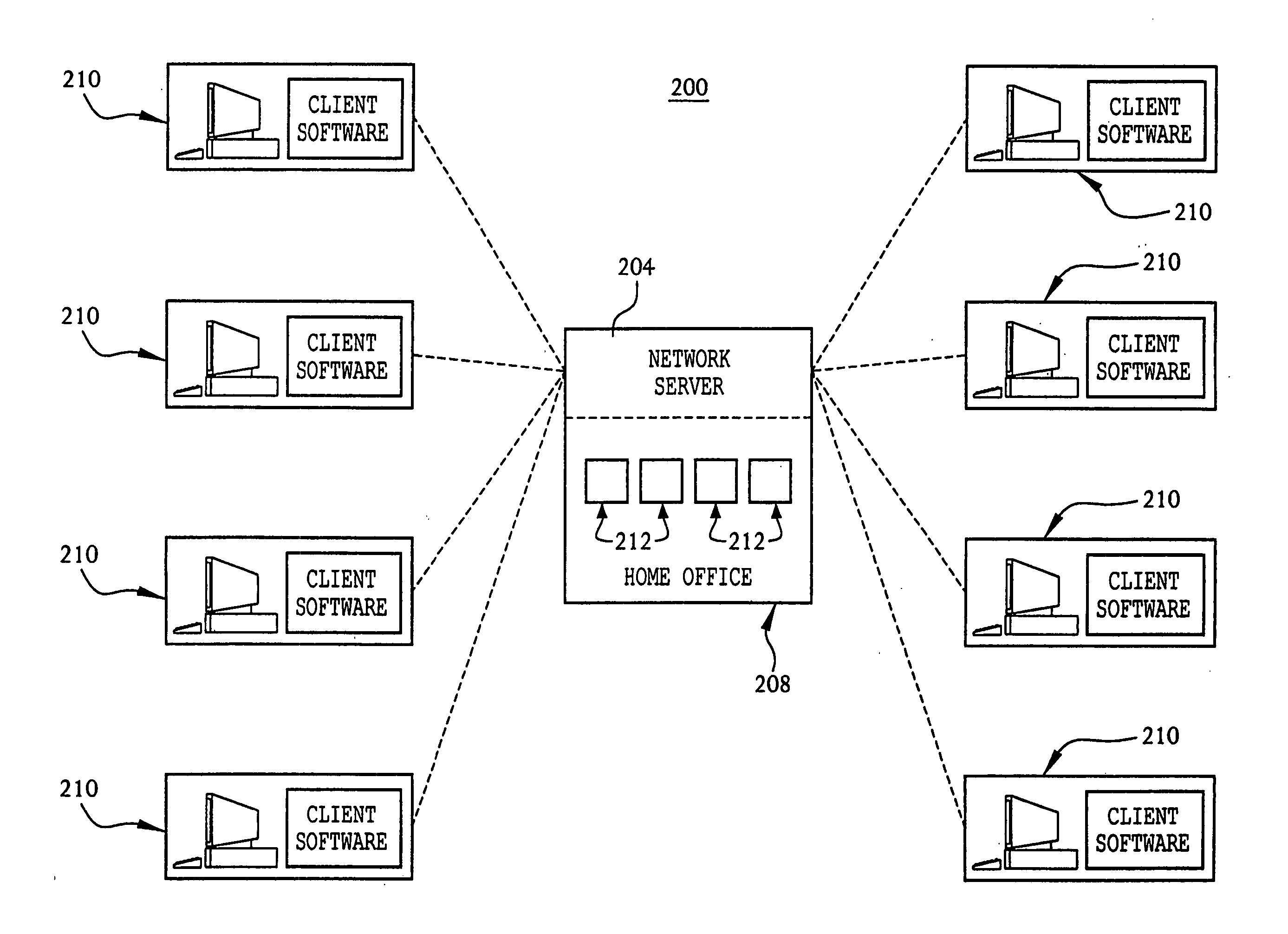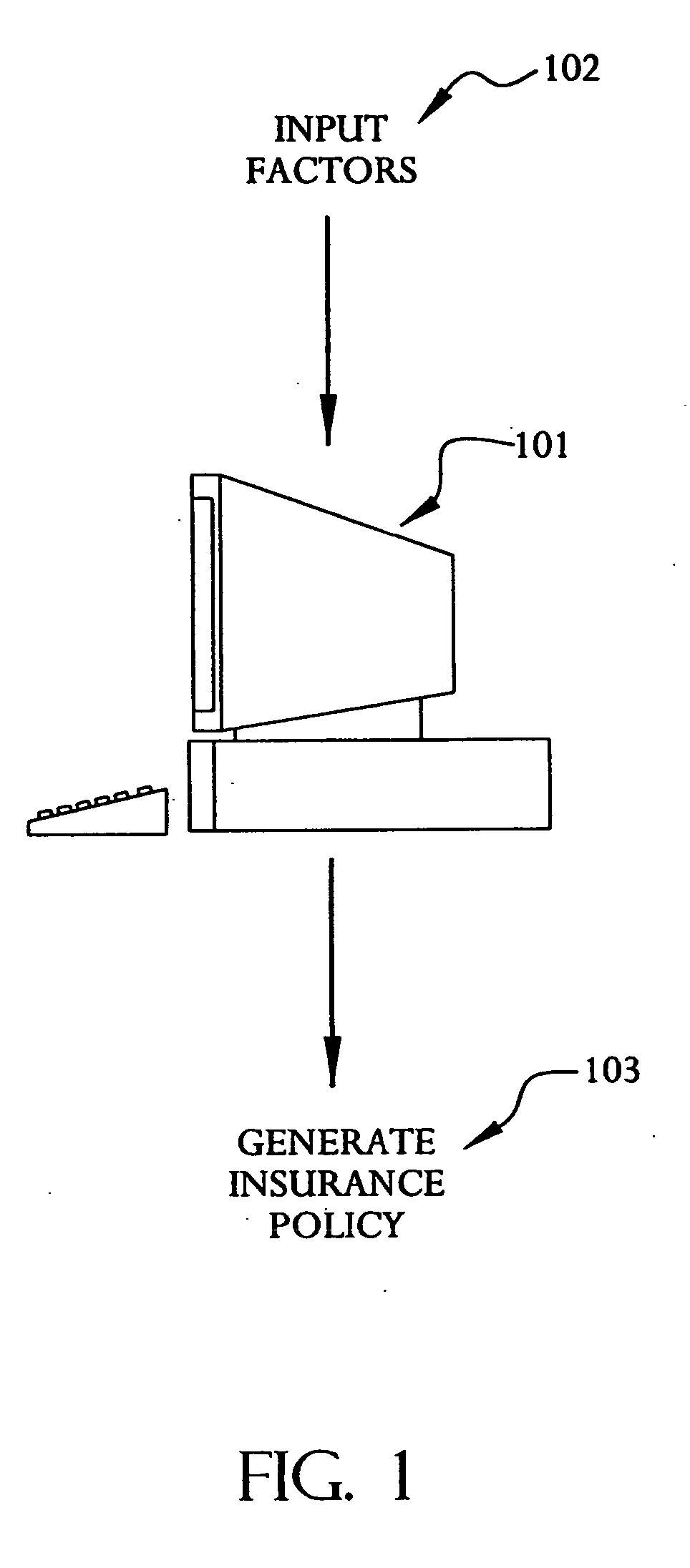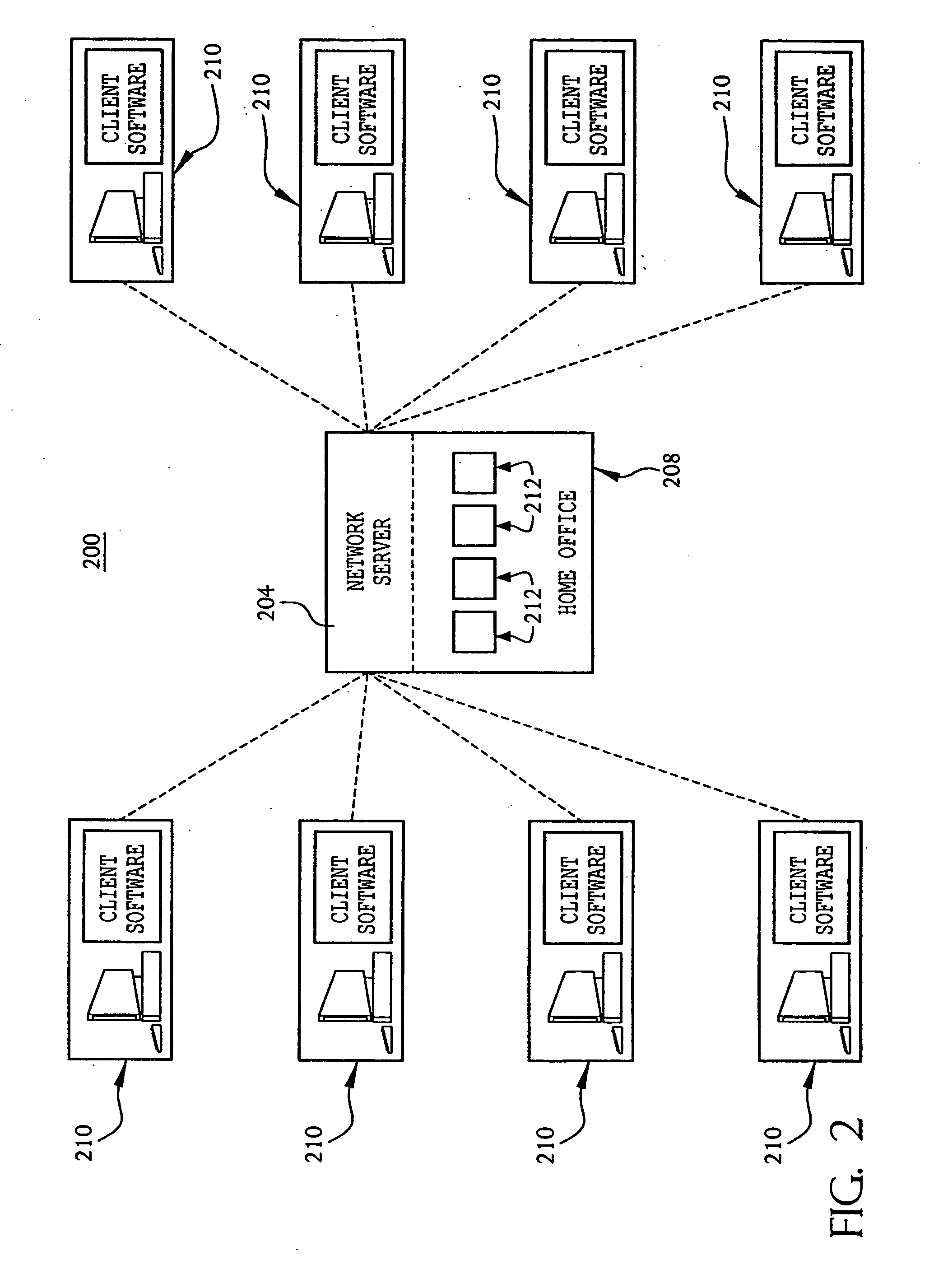Method and computerized system for reducing risk in an energy industry
a technology of energy industry and risk reduction, applied in the field of method and computerized system for reducing risk in an energy industry, can solve the problems of reducing the risk of electric energy consumption, and reducing the risk of electricity consumption, so as to reduce the risk and reduce the risk
- Summary
- Abstract
- Description
- Claims
- Application Information
AI Technical Summary
Benefits of technology
Problems solved by technology
Method used
Image
Examples
example 1
[0040] The insured is a power supplier with a “financially firm” contract to provide power to a power purchaser at $100 per megawatt hour (MWh). The insured purchases coverage for generation outage and derate protection from a period of Jan. 1, 1998, through Dec. 31, 1998, seven days a week, 24 hours a day. The insured designates three electrical power sources, Units 1, 2, and 3, with dependable capacities of 100 MW, 150 MW, and 200 MW, respectively. The aggregate coverage period limit designated by the insured is $10 million in aggregate for the portfolio of all electrical power sources. The capacity deductible designated by the insured is 25 MW for each insured unit. The insured quantity designated by the insured is the hourly concurrent unplanned outages, which is determined by the dependable capacity less the deductible and the concurrent unplanned derates, which is determined by the derated capacity less the deductible, among the electrical power sources. The insured price desi...
example 2
[0043] The facts are the same as in Example 1 except that the insured designates the aggregate capacity deductible as 200 MW for the system of Units 1, 2, and 3, and the market price of replacement power is $150 / MWh. The insured has no indemnification obligation because the total megawatt quantity of the unplanned event (an outage of Unit 2) is only 150 MW which is less than the aggregate deductible designated by the insured.
example 3
[0044] The facts are the same as in Example 1 except that the actual cost of replacement power is $200 / MWh. The insurer must either make substitute power available in an amount equal to the insured quantity as calculated below at the price of $100 / MWh at the point of delivery or, alternatively and at the insurer's option, the insurer must pay the insured for a replacement power loss in the amount of $25,000 which is calculated by multiplying the market price of replacement power minus the insured price [$200 / MWh−$100 / MWh]; by the insured quantity, which is the total quantity of the unplanned power event minus the capacity deductible [150 MW−25 MW]; by the insured hours [2 hours].
PUM
 Login to View More
Login to View More Abstract
Description
Claims
Application Information
 Login to View More
Login to View More - R&D
- Intellectual Property
- Life Sciences
- Materials
- Tech Scout
- Unparalleled Data Quality
- Higher Quality Content
- 60% Fewer Hallucinations
Browse by: Latest US Patents, China's latest patents, Technical Efficacy Thesaurus, Application Domain, Technology Topic, Popular Technical Reports.
© 2025 PatSnap. All rights reserved.Legal|Privacy policy|Modern Slavery Act Transparency Statement|Sitemap|About US| Contact US: help@patsnap.com



